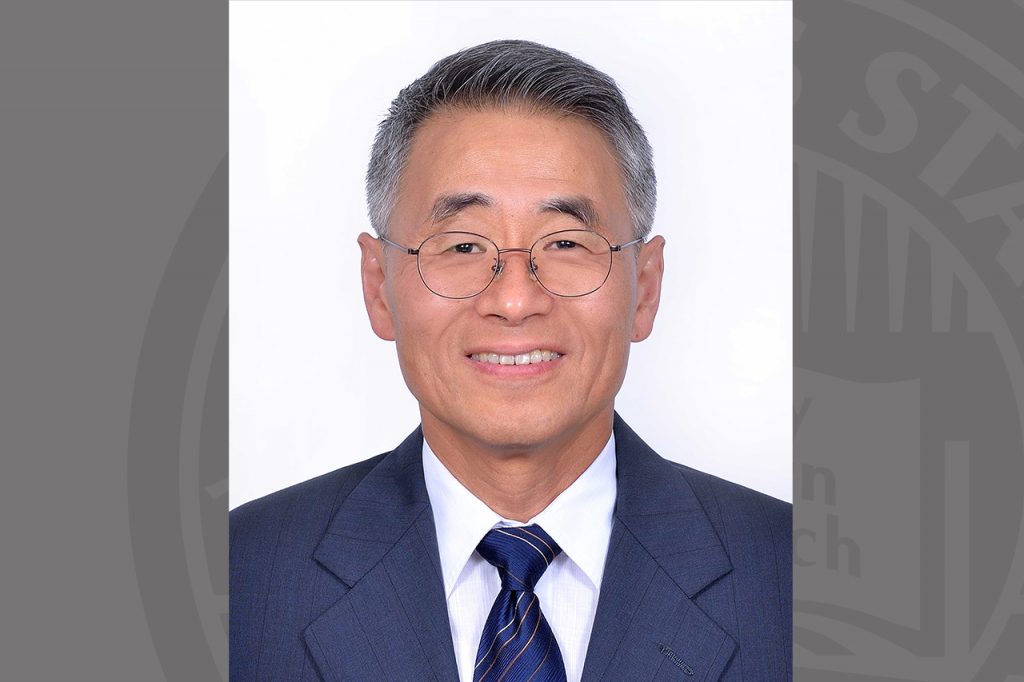Dr. T.Y. Wang, professor and chair of the Department of Politics and Government, has published a co-authored study in Asian Survey (v.61, no.3: 388-410). “COVID-19 and the Rally Effect in Taiwan” examines the rally phenomenon when the island country was confronted by the COVID-19 pandemic. Previous research has shown that major international events can produce a “rally ’round the flag” effect that boosts citizens’ support for an American president. Few studies examine the rally phenomenon in a non-U.S. setting. When the novel coronavirus wreaked havoc on the global community in 2020, the dramatic surge of presidential popularity on the island presented such an opportunity.
The findings show that Taiwan citizens who were disapprovers of the president prior to the rallying point are more likely to coalesce around their leader. The public’s positive appraisal is contingent on the president’s ability to handle the crisis. This is one of the few studies conducted in a non-U.S. setting, and its findings represent a significant step toward broadening the scope of analyzing the rally phenomenon.

